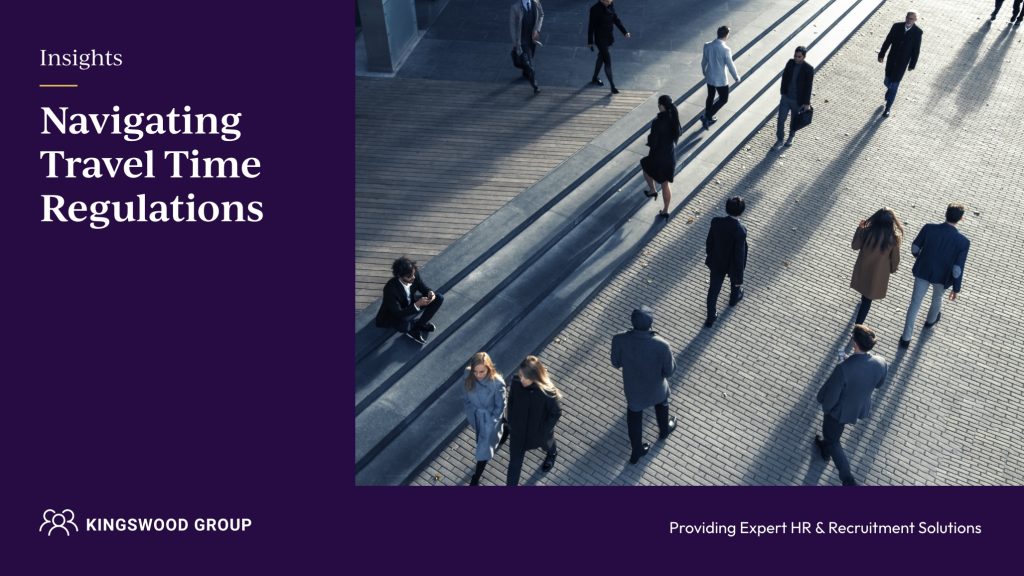
Paternity leave is an essential right for employees, designed to support them in taking an active role in the early stages of their child’s life. This guide aims to clarify the eligibility criteria, application process, and entitlements related to paternity leave and pay.
Jump to a section:
Eligibility for Paternity Leave
You must be an employee under a direct contract of employment. This excludes self-employed people and most temporary workers, though certain temporary workers may qualify for paternity pay under specific conditions, such as contributing to employer’s national insurance.
Eligibility criteria include:
- Being the child’s biological father, or the spouse, civil partner, or live-in partner of the child’s mother.
- A commitment to contribute to the child’s upbringing.
- Continuous employment with the current employer for at least 26 weeks by the 15th week before the expected week of childbirth (EWC).
- Employment with the same employer at the time of the child’s birth.
Changes to Paternity Leave Amendment Regulations 2024
There are changes to paternity leave resolution set to come into effect from April 6th 2024.
-
Paternity Leave Entitlement: Currently, paternity leave in the UK allows for a two-week period following the birth of a child. However, under the proposed changes, employees will have the flexibility to take this entitlement as two separate one-week blocks, instead of being required to take it as a single two-week period.
-
Timing of Paternity Leave: Presently, paternity leave must be taken within 56 days following the birth of the child. The new regulations will extend this timeframe to 52 weeks after birth, providing more flexibility for parents to choose when to take their leave.
-
Notice Period: The notice period required for taking paternity leave is also being reduced from 15 weeks before the Expected Week of Childbirth (EWC) to 28 days.
Applying for Paternity Leave
Notification to your employer should occur at least 15 weeks before the baby’s expected due date, detailing:
- The Expected Week of Childbirth (EWC)
- The desired start date of your paternity leave, which could be the day of the birth or a specified time after.
- Specify whether you intend to take one week or two consecutive weeks of leave.
This notification can be verbal, but written communication via email, letter, or the SC3 form is advisable for clarity and record-keeping.
The SC3 (Statutory Paternity Pay and Leave: becoming a birth parent) is an office application used to notify an employer of an employee’s intention to take paternity leave and to request Statutory Parent Pay (SPP). This document ensures that employees can exercise their legal right to paternity leave and pay.
When to Take Paternity Leave
Paternity leave can be taken as one or two consecutive weeks and must commence after the baby’s birth, within 56 days of the arrival of the due date if the baby arrives early. Options for starting paternity leave include:
- On the baby’s birth date.
- A specified number of weeks post-birth.
- After the baby’s due date, ensuring it concludes within 56 days post-birth.
You can’t start paternity leave before your baby arrives. If your baby is overdue, your leave will begin on the actual day of birth.
Before birth, if you need time off, consider taking some annual leave or time off for family emergencies instead.
Changing Paternity Leave Dates
The arrival of your baby might not always align with the expected due date, which can affect the timing of your paternity leave. Here’s what you should do if your baby is born early or late:
If the Baby is Born Early
Inform your employer as soon as possible about the early arrival of your baby. This is crucial for adjusting the start date of your paternity leave.
You can choose to start your paternity leave on the actual birth date or select a new start date, keeping in mind it must be within 56 days after the birth.
If you’ve already submitted your paternity leave application, you may need to provide updated information or documentation to your employer reflecting the new circumstances.
If the Baby is Overdue
If the due date passes and your baby has not yet arrived, communicate with your employer to keep them updated on the situation.
Your paternity leave cannot begin until the baby is born. If you’ve pre-arranged leave based on the due date, be prepared to adjust this according to the actual birth date.
If you’re waiting for the birth and need to be available, discuss temporary flexible working arrangements with your employer, such as working from home or taking annual leave.
Statutory Paternity Pay (SPP)
Eligible employees can receive SPP for one or two weeks, depending on the duration of their paternity leave. The amount is the lesser of £156.66 per week or 90% of the employee’s average weekly earnings. To qualify, employees must:
- Have worked for their employer continuously for at least 26 weeks by the 15th week before the expected week of childbirth.
- Earn at least the lower earnings limit set by the government.
- Provide the required notice and evidence (e.g., the SC3 form) to their employer.
Employees should submit their claim for SPP at least 15 weeks before the expected due date, alongside their paternity leave notice.
Calculate Statutory Paternity Pay using the Maternity, Adoption and paternity calculator for employers via .gov.uk.
If an employer disputes an employee’s eligibility for SPP, the employee can contact HM Revenue and Customs (HMRC) for assistance.
Helpful Resources

Sarah McKee-Harris
CEO & Founder
Sarah has 19 years of experience in HR tTalent Acquisition, working extensively in both London and Essex. Her approach to HR is rooted in a simple yet effective philosophy: taking the time to listen, understand, and question our clients to pinpoint their unique business needs.
Get Expert HR Advice
Call 01245 204450 to talk to one of our HR professionals today, or use our simple online contact form.
Get in touch

